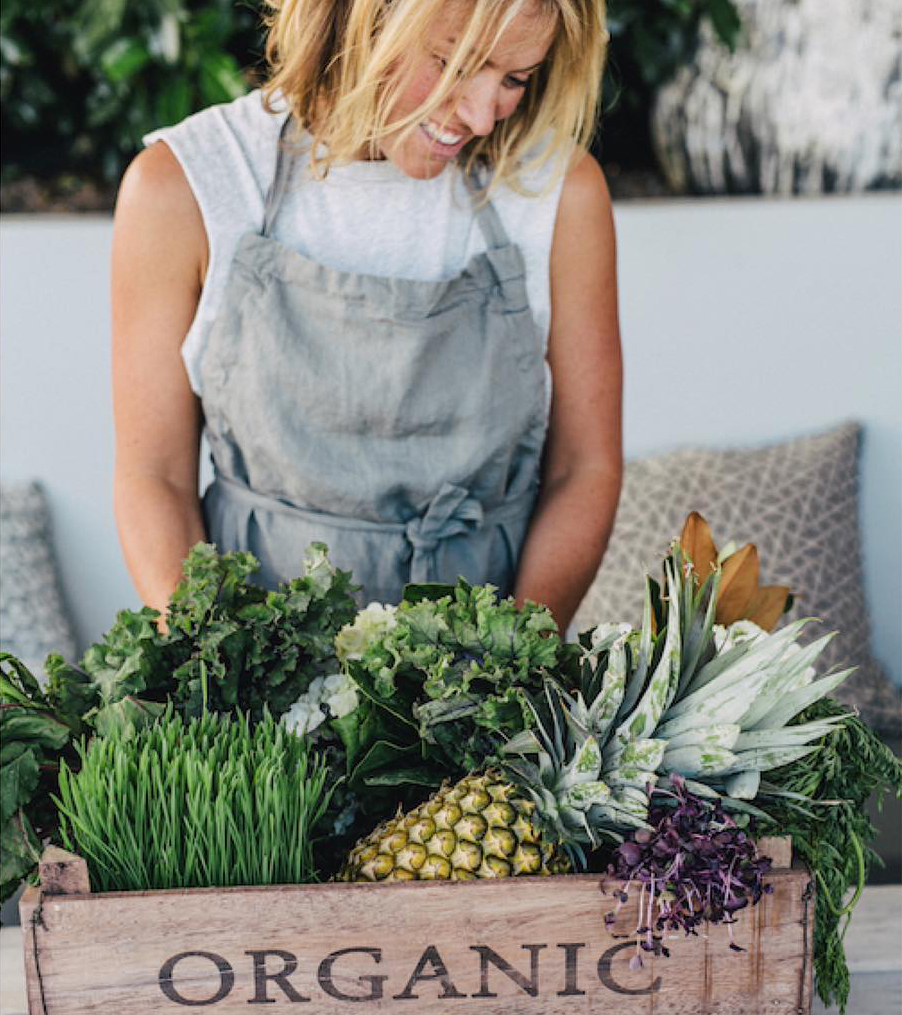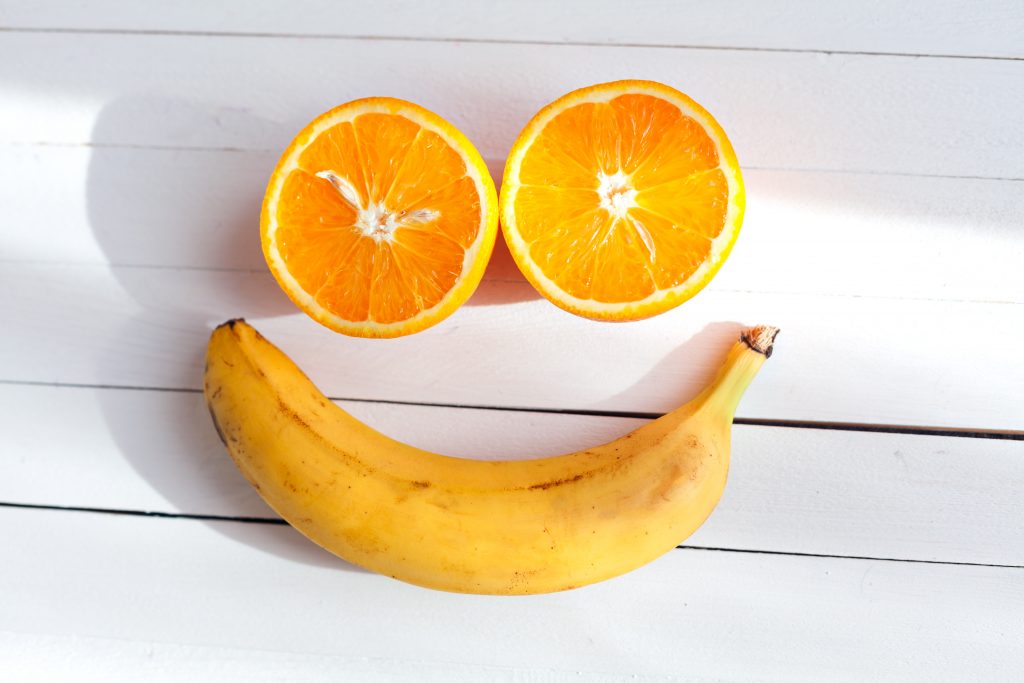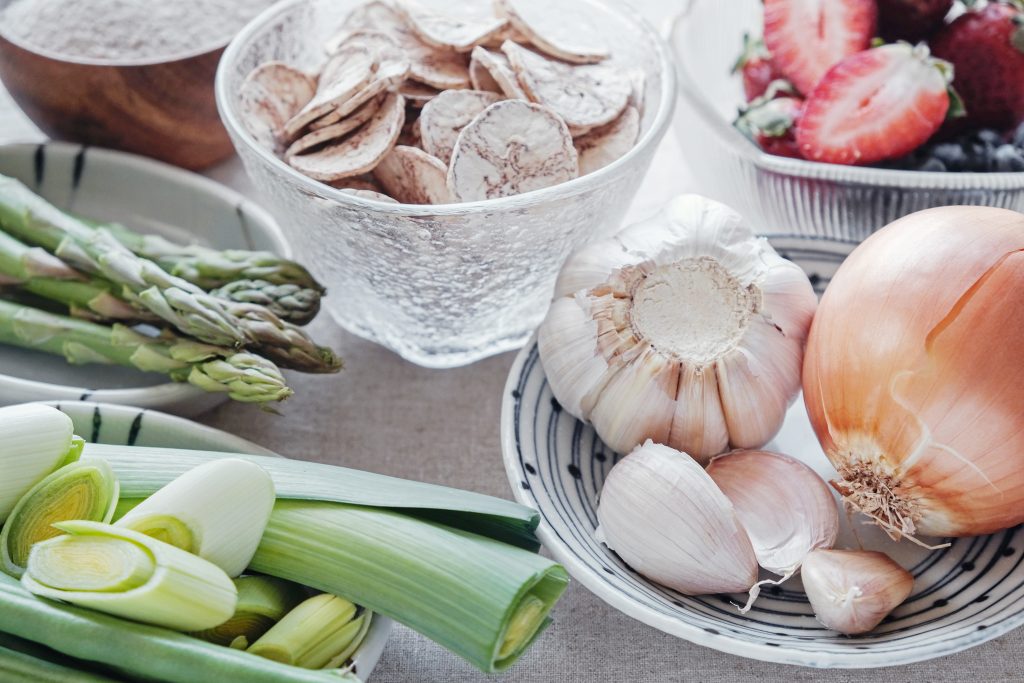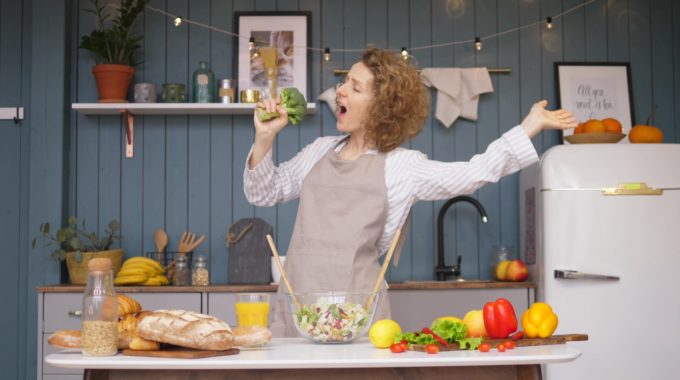Food and mood: eating for wellbeing
It’s no secret that eating a balanced diet made up of a wide variety of whole foods is good for your body. But did you know that a healthy diet is also good for your psychological wellbeing? Yep – food and mood are intrinsically linked. This means eating the right foods will lower your risk of developing depression and anxiety.
According to beyondblue, one in seven Australians will experience depression at some point in their lifetime, and one-quarter of all Aussies will experience an anxiety condition. In fact, one in six of us is experiencing problems with depression or anxiety right now.
Several studies have found evidence that the right changes in diet can decrease the likelihood of developing mental illness. Our own Australian clinical guidelines also recommend a healthy lifestyle as part of a “biopsychosocial approach” to mood disorders.
So what foods should you eat to ensure your own psychological wellbeing? We checked in with nutritionist and herbalist Zoe Dent to find out how food and mood are linked.

Healthy gut = healthy mood
“There are a lot of studies that show a correlation between our gut and our brain,” Dent explains. “We know that when we have gut inflammation or an imbalance of good bacteria in our gut, this inflammation can actually feed up into our brain, impacting mood. It can also prevent the brain from making the ‘feelgood’ neurotransmitters we need.”
Proteins & healthy fats
Your brain needs all the building blocks of protein – amino acids – to function at its peak.
“One of the main building blocks of ‘feelgood’ neurotransmitter serotonin is tryptophan, an essential amino acid found in protein sources like nuts, turkey and dairy,” Dent explains.
The brain also needs omega-3s. These fatty acids are used for everything from regulating new brain cell development to influencing neurotransmitter levels.
“Fatty fish, flaxseeds, walnuts and chia seeds are all great sources of omega-3s,” Dent says. However, the best food for both healthy fats and amino acids is the humble egg.
“Eggs are fabulous – they’re my superfood,” says Dent. “Not only do they contain all the essential amino acids; they’ve got all your healthy fats in the yolk. People who are just having the egg whites? It’s not a great idea. Your brain needs those fats.”

B sharp
“Your B vitamins are definitely important for mood,” says Dent. “If you’re eating a mainly plant-based diet, you’re getting those B vitamins.”
If you’re eating too much processed food, that can work to reduce your B vitamin levels. You can end up being deficient, which in turn can lead to mood disorders. Conversely, a diet high in B vitamins has been found to help protect against depression.
Get your B from whole foods: whole grains, dark leafy greens, beans and lentils, seeds and nuts, eggs and dairy, citrus fruits, bananas and avocado. These foods are also high in fibre, which helps your good gut bacteria to flourish.
C the light
Vitamin C is a co-factor for the production of neurotransmitters and is involved in neuromodulation, or the regulation of nerve tissue function. “It may facilitate the synthesis of dopamine and may be involved in the biosynthesis of serotonin,” Dent says.
Vitamin C also has an anti-depressant effect on the brain, while anxiety has been associated with a deficiency in vitamin C.
“Supplementation can help to reduce symptoms by regulating neurotransmitter activity, reducing cortisol activity and preventing oxidative damage in the brain,” Dent says.

Be a pre pro
There’s been a lot of talk lately about the important of probiotics, but when it comes to a healthy gut and a positive mood, prebiotics are more important.
“Prebiotics feed the good bacteria in our gut,” Dent says. “That’s what enhances the good bacteria in our gut, which has a significant impact on our mood.
“Probiotics can be really good for certain things, but unless you’ve been taking antibiotics or there’s some reason why you’ve got to refeed your gut bacteria, then prebiotics are actually more important that probiotics.”
Ditch the guilt
Often, we when eat “bad” foods, we feel guilty. This can lead to a spiral of feeling bad about ourselves and bingeing on comfort foods to make ourselves feel better, then feeling guilty about that… and the cycle continues.
“Look at food as nourishment rather than as ‘bad’ or ‘good’,” Dent says. “If you eat some chocolate, it’s not the end of the world.”
A great way to improve your relationship with food is to get back into the kitchen. Cooking can be a great exercise in mindfulness, as you simply focus on the food in front of you. Plus, cooking a delicious meal is a great way to bring the family together.
“Traditionally, cooking and eating are about connecting with and nourishing your family,” Dent says. “And if you cook your food from scratch, you’re going to be eating whole foods. This is what your body and your mind needs.”









